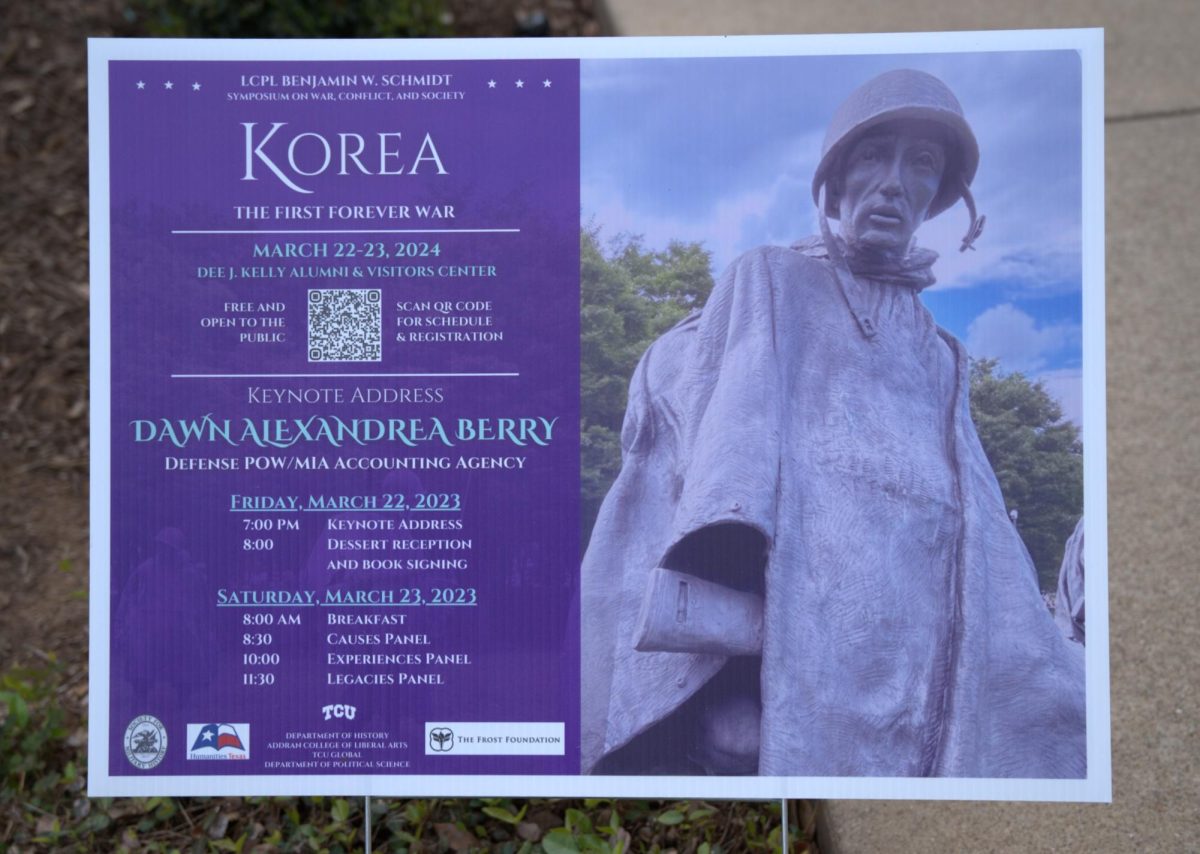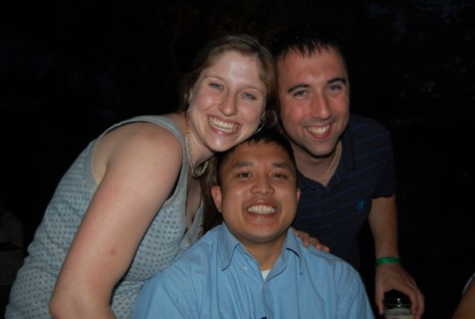Students use iPad, Kindle as study tools
Published Nov 9, 2011
As technology becomes more and more accepted in college classrooms, TCU students are taking advantage of many forms of technology to help them in their studies.
Depending on major and personal preference, learning aids range from handwritten notes, to iPads, to simulation robots.
Scott Deskins, a sophomore political science major, said he uses his Kindle to read novels and textbooks for his classes. He said he prefers the Kindle because it is more convenient and cheaper than locating and buying print copies of the books he needs for class.
Stacie Shepler, a senior nursing major, said she relies on a unique form of technology in her nursing class. Her class has a simulation lab twice per semester where they use robots to simulate patients.
The classroom is set up like a hospital, and the patients are robots, she said. The robots are controlled by professors in another room, and the professor watches the students’ actions through cameras set up in the classroom. The professor can control the heart rate, blood pressure, and the voice of the robot, Shepler said.
“She can make anything happen and we have to take care of it,” she said.
Besides the simulation labs, Shepler said her professors use Powerpoints, and most of her classmates take notes on a laptop.
However, not all students use technology for note-taking.
While Deskins owns a Kindle, an iPad and a laptop, he said he still prefers writing out his notes to typing them because it is faster. However, he does use his laptop to type papers and access e-college for four out of five of his classes.
Eric Cox, a political science professor, said about one-fourth of his students use laptops to take notes, and one of his students takes notes on an iPad with a keyboard connection.
Angela Thompson, assistant professor of sociology, said some of her students take notes on a laptop and she is seeing more students take notes on their iPads. The challenge with having students taking different forms of notes is pacing the lecture, Thompson said.
“If you lecture too quickly, the handwriters can’t get it,” Thompson said. “On the other hand, the computer people are sitting and waiting for me to say something else.”
Ranae Stetson, associate professor of education, said she encourages students to bring laptops, smartphones, and iPads to take notes. She said internet access on these devices proves to be useful during class when she can ask students to look things up during a discussion.
Students and professors also use technology when communicating outside of the classroom.
For communicating with his professors, Deskins said he prefers e-mail because he can easily access it on his phone. His professors usually respond to e-mails sent during the day, but if he e-mails at night, he does not expect a response until the next day, he said.
Shepler said she mainly communicates with professors via e-mail, but her clinical instructors will respond to text messages in the evenings. This is helpful when she is doing research and filling out paperwork for clinicals early the next morning and a question comes up, she said.
Thompson said she prefers e-mail when communicating with students outside the classroom, and she rarely receives a phone call from a student. However, she said she knows other professors who text or Skype with students. She said she only answers students’ e-mails during business hours, but in case of an emergency, students can call the sociology office and the office can get in contact with her.
Stetson said she also limits contact with students to e-mail during business hours only. She said she used to e-mail outside of business hours but found she had to limit it, or students would contact her at all hours.
Cox said he prefers that students e-mail him.
“Telephone calls can be nice, but I think having things in writing is actually quite useful,” Cox said.
Cox said he responds to e-mails until around 11 p.m, but prefers that students only text or call during business hours and expects that when he gives out his phone number that students will respect his at-home time.



